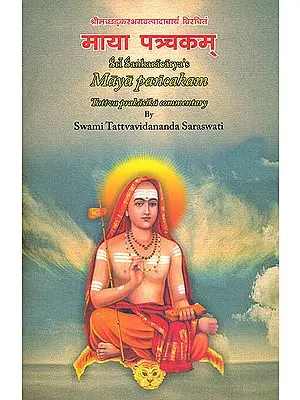The Triad of Dharma: Karma, Upasana, and Jnana
Hindu Dharma is traditionally underpinned by three foundational concepts: karma, upasana, and jnana. Together, these essential elements constitute a holistic framework for spiritual understanding and practice. Karma refers to the actions and rituals performed by individuals, embodying the idea that one’s deeds directly influence their spiritual and material destiny. This principle emphasizes accountability for every action, promoting a life that is not only morally upright but also spiritually productive.
Upasana, or mental worship, is the second pillar of this triad. It signifies devotion, prayer, and contemplation directed toward the divine. Upasana fosters a personal connection with the divine, encouraging practitioners to engage emotionally and spiritually with their beliefs. This devotion is not merely a set of rituals but a deep, intrinsic motivation that elevates mundane activities into sacred practices. The synthesis of action through karma and devotion through upasana creates a dynamic interaction within the individual, propelling them on their spiritual journey.
Jnana, or knowledge, forms the final aspect of this triad. It involves the philosophical and intellectual exploration of spiritual truths and realities. Unlike the often rigid separation between religion and philosophy seen in many Western traditions, Hindu Dharma offers a unique interplay where actions (karma) and devotion (upasana) are illuminated through philosophical inquiry (jnana). This integration allows for a more profound understanding of spiritual principles and their application in daily life.
For instance, Sri Sankara’s philosophical works demonstrate how one can elevate karma and upasana through deep philosophical insights, intertwining these elements into a cohesive practice. His teachings reflect the notion that true understanding leads to a harmonious balance of action, devotion, and knowledge, fostering a comprehensive spiritual exploration that is foundational to Hindu philosophy. This triad enables practitioners to navigate their spiritual paths with clarity, purpose, and devotion, ultimately leading towards liberation.
Karma Yoga: The Means of Action without Attachment
Karma yoga stands as a pivotal practice within Hinduism, guiding individuals toward a path of self-realization and spiritual growth through selfless action. This concept emphasizes the performance of one’s duties without attachment to the fruits of those actions. The Bhagavad Gita elucidates this philosophy, illustrating that engagement in one’s nitya (daily) and naimittika (occasional) duties is essential for personal development and spiritual elevation. Specifically, the Gita teaches followers to fulfill their responsibilities without being driven by the desire for specific outcomes, encapsulated in the vital teaching of anasritah karmaphalam karyam.
The philosophical significance of karma yoga lies in its capacity to alleviate the burdens of expectation and desire, allowing practitioners to approach their actions with a sense of detachment. Attachment to outcomes often leads to anxiety, disappointment, and a distorted sense of ego, thereby obstructing genuine spiritual progress. By practicing karma yoga, individuals learn to focus on the righteousness of their actions rather than the allure of results. This shift in focus plays a transformative role, fostering a mindset that values the journey of action itself as a means of connecting with higher consciousness.
Moreover, the integration of bhakti, or devotion, enriches the practice of karma yoga. When individuals perform their duties with a sense of devotion, they elevate their actions from mere obligations to opportunities for spiritual expression. As bhakti harmonizes with karma yoga, it cultivates a deeper understanding of the self and one’s purpose in a larger cosmic context. This cohesive interaction between action and devotion illustrates how karma yoga serves as a dual pathway, fostering both self-knowledge and spiritual awakening. Therefore, the practice of karma yoga becomes not just a method of duty but a profound journey toward enlightenment, embodying the principle that true fulfillment arises from selfless service and devotion.











Reviews
There are no reviews yet.